The Evolution of Role-Playing Games: From Tabletop to Consoles
1 March 2025
If you're a fan of video games or a curious soul diving into the world of gaming, role-playing games (RPGs) probably hold a special place in your heart—or at least pique your interest. But have you ever wondered how RPGs transformed from small gatherings around a table with graph paper and dice to sprawling, immersive worlds on our favorite gaming consoles? Buckle up, because we're about to take a nostalgic trip through time to see how this beloved genre has evolved over the years. Spoiler alert: It’s a wild ride full of imagination, creativity, and some truly game-changing innovations.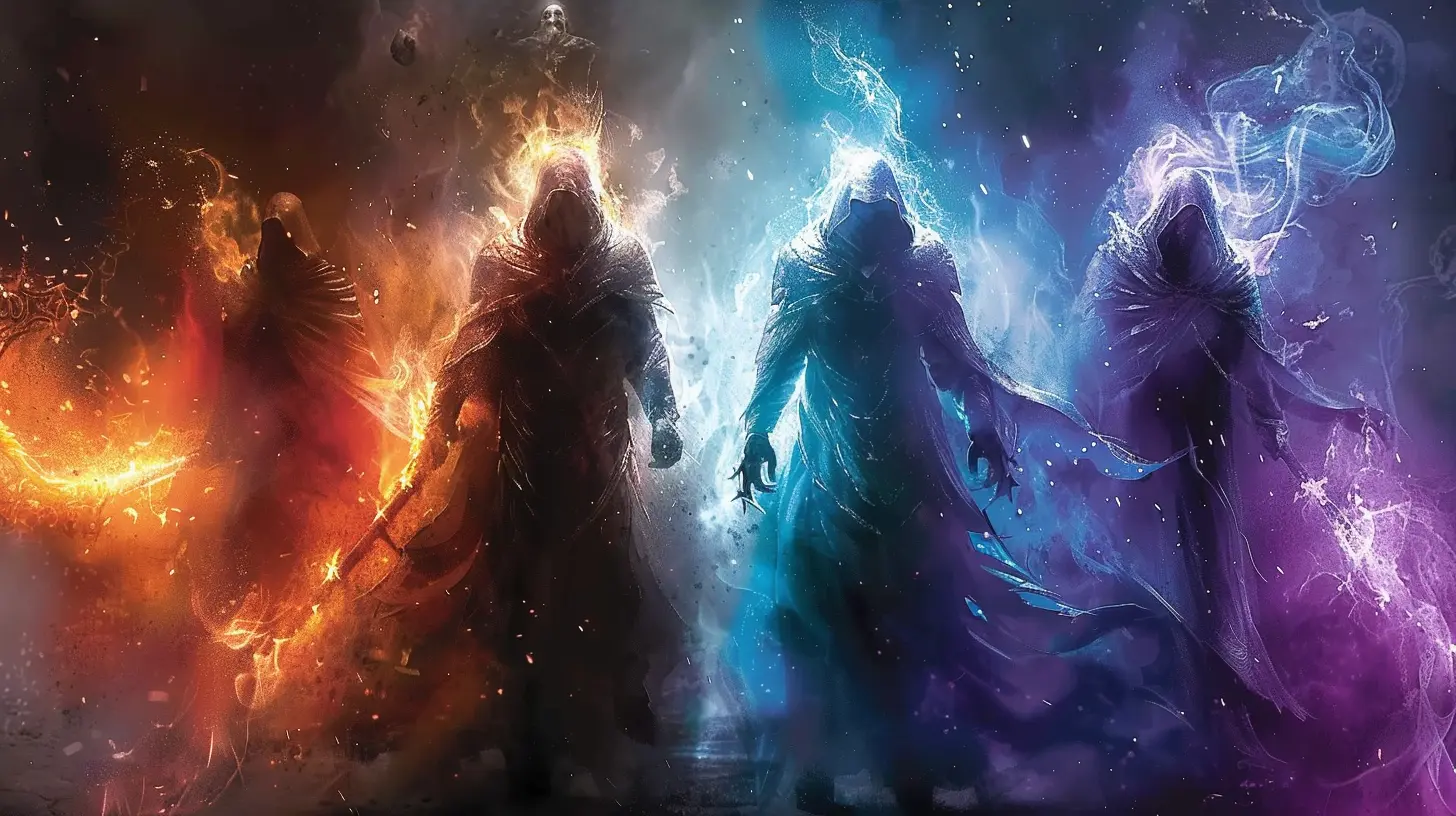
A Tabletop Beginning: Role-Playing at Its Purest
Let’s rewind all the way back to the 1970s, where it all began. Imagine sitting around with a group of friends, a dungeon master (DM) leading the charge, and a rulebook that looked more like a college textbook. That was the heart of tabletop RPGs, with "Dungeons & Dragons" (D&D) taking center stage. Created by Gary Gygax and Dave Arneson in 1974, D&D wasn’t the first game of its kind, but it was the one that gave the genre its wings.Tabletop RPGs relied on imagination as their primary fuel. There were no flashy graphics, no pre-rendered backgrounds—just a shared narrative woven by the players and the DM. The dice, with their iconic shapes and endless possibilities, decided your fate. Would you slay the dragon or trip over your shoelaces? Who knew? Every roll was a new story in the making.
But tabletop RPGs weren’t just games—they were experiences. They brought people together and allowed players to step into the shoes of wizards, rogues, and knights. It was like starring in your own fantasy novel, except the plot twist? It was up to you and your friends.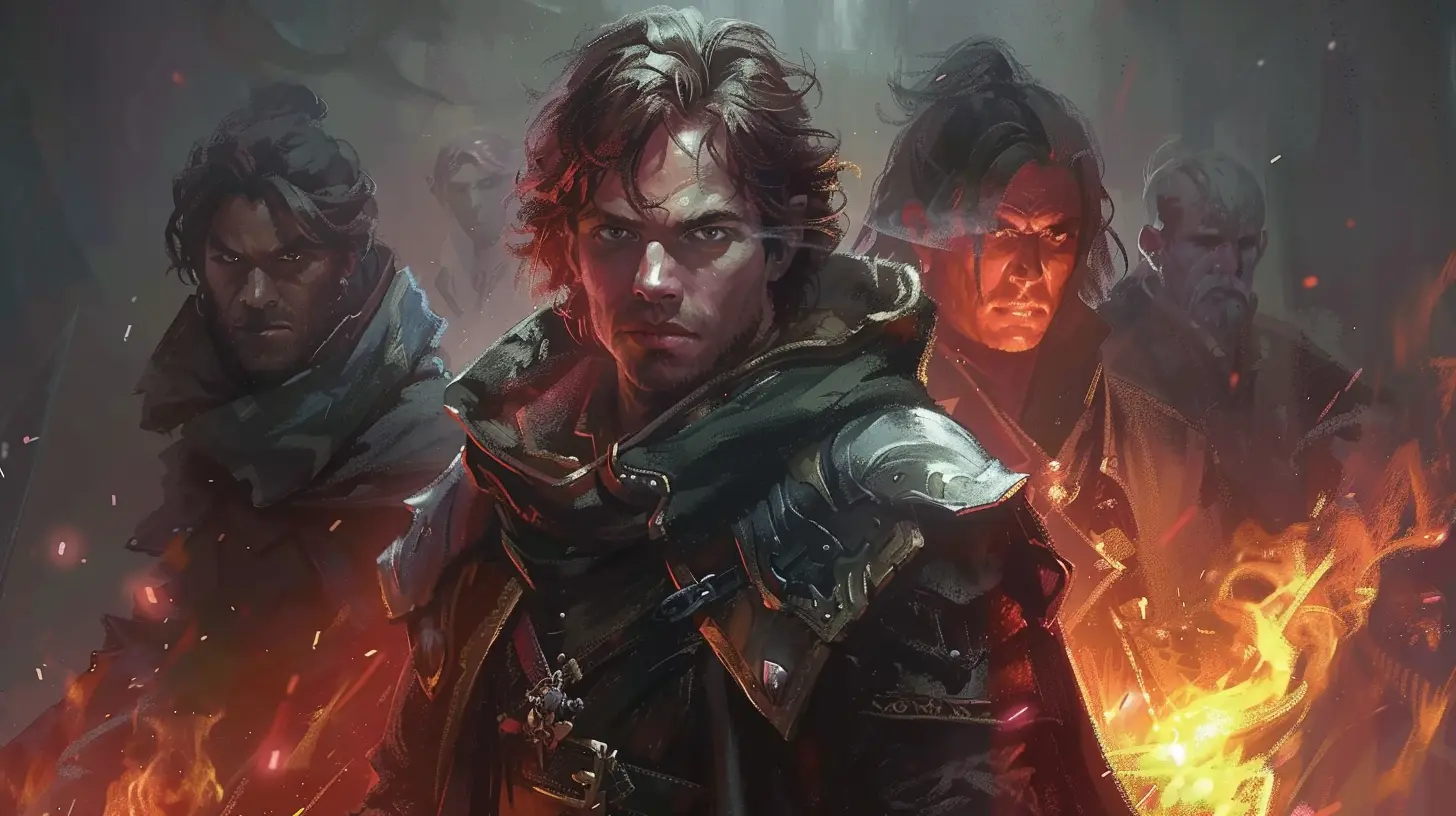
The Digital First Step: RPGs in Text-Based Adventures
Fast forward to the late '70s and early '80s, and RPGs started to leave the dining room table to venture into the digital realm. But don’t picture the vibrant graphics of today just yet. Nope, the earliest digital RPGs were text-based adventures. This was the era of games like "Zork" and "Colossal Cave Adventure."Think of these as the bridge between tabletop RPGs and the pixelated wonders we know today. Instead of rolling dice, players typed commands like "go north" or "take sword." The computer acted as the DM, responding with descriptions of the environment and outcomes of your actions. While it lacked the social camaraderie of tabletop gaming, text-based RPGs introduced the concept of digital storytelling and exploration.
These games were imaginative, but they had limitations. You could only go as far as the game’s vocabulary allowed. Still, for players in the early days of computing, they offered something fresh: the first taste of role-playing on a new medium.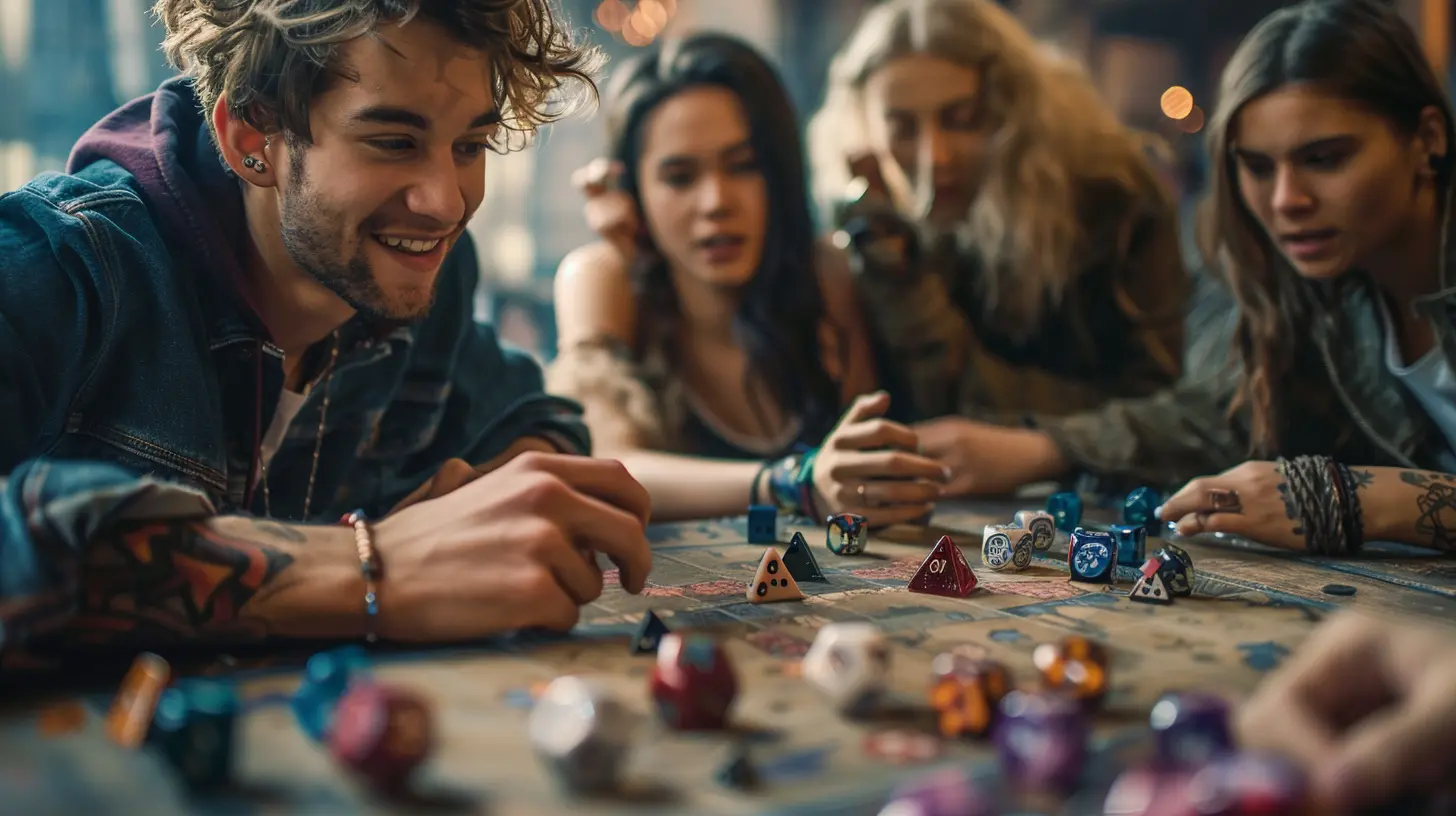
The Pixelated Renaissance: RPGs on Consoles
The 1980s brought us a major gameplay shift—RPGs started popping up on home consoles and computers. With primitive graphics and chiptune soundtracks, games like "Ultima," "Wizardry," and "Dragon Quest" made waves. For many, this was their first introduction to RPGs, even if they weren’t called that at the time."Dragon Quest," released in 1986 for the NES, was a game-changer (literally). It brought RPG mechanics like leveling up, turn-based combat, and a sprawling world to a broader audience. It set the foundation for consoles to embrace the genre wholeheartedly. Around the same time, "Final Fantasy" was released, and let’s be honest—what’s an RPG discussion without mentioning Final Fantasy? These two franchises became the blueprint for RPGs on consoles.
Speaking of blueprints, many of the RPG tropes we know and love today were born during this pixelated renaissance. Overworld maps, monster battles, epic adventures, and save points all came to life during this era. Sure, the graphics were blocky, and the writing was sometimes hilariously awkward (due to translation issues), but the charm? Unmatched.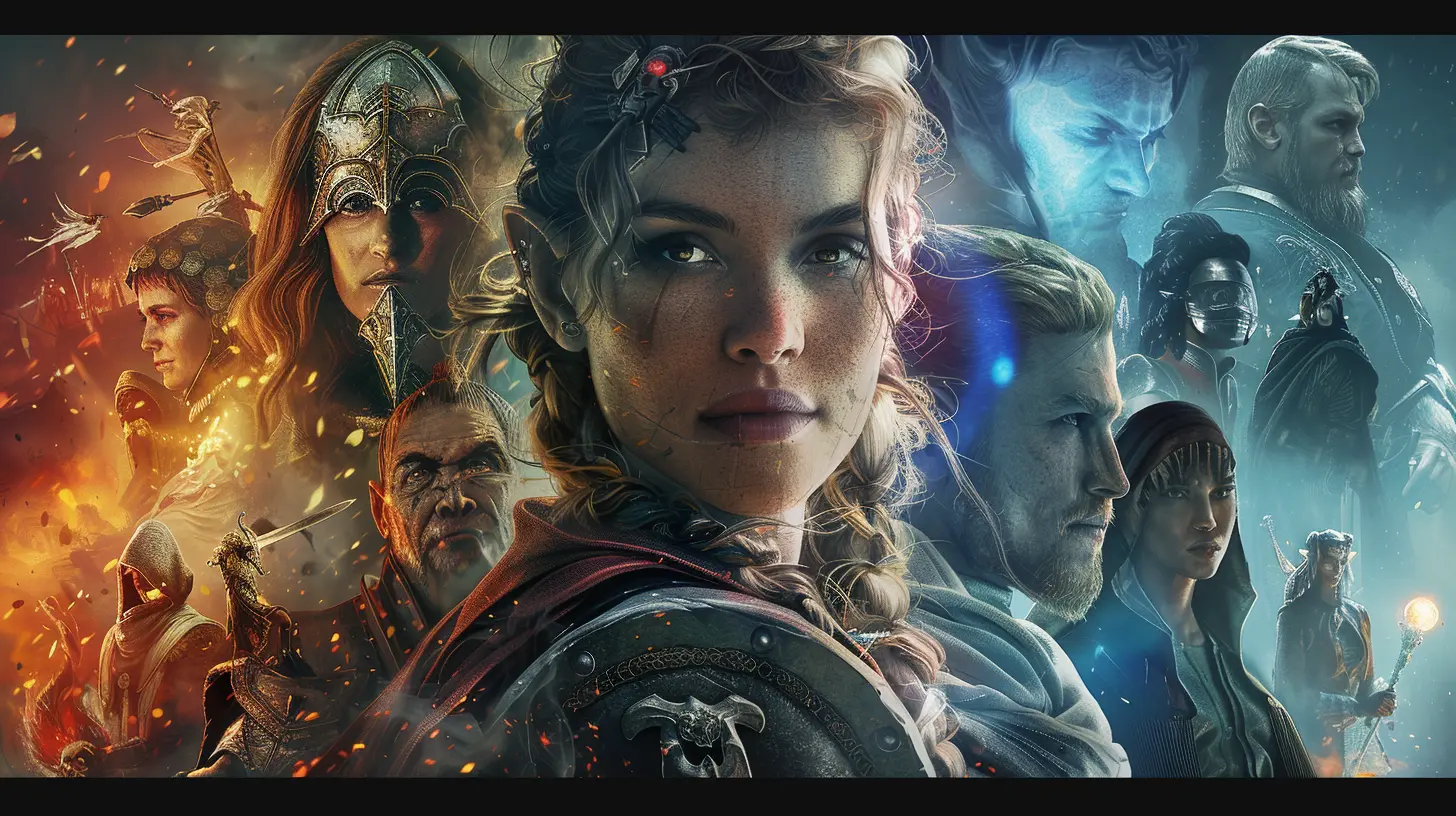
The 3D Revolution: RPGs Level Up
Can we all agree that the '90s were a magical time for gaming? Besides giving us baggy jeans and questionable haircuts, the '90s ushered in a 3D revolution for RPGs. Once consoles like the PlayStation and the Nintendo 64 hit the scene, developers had new tools to work with, and boy, did they use them.Let’s talk about "Final Fantasy VII," released in 1997, because it’s impossible not to. This game wasn’t just a technical marvel (those CGI cutscenes were jaw-dropping at the time); it also brought RPGs to mainstream audiences in ways no game had before. Players connected with Cloud Strife and his friends on an emotional level, proving that gaming could tell stories just as powerful as books or movies.
Around the same time, Western RPGs were making a name for themselves. PC gaming saw titles like "Baldur’s Gate" and "The Elder Scrolls II: Daggerfall" tap into the immersive storytelling and world-building that harken back to tabletop roots. These games emphasized choice, giving players the freedom to shape their own adventures in sprawling, open worlds.
The MMORPG Boom: Role-Playing with the World
Let’s not forget the elephant in the room: MMORPGs (Massively Multiplayer Online Role-Playing Games). Imagine taking everything you loved about tabletop RPGs—collaboration, adventure, and exploration—and scaling it up to include thousands of players. That’s exactly what games like "EverQuest" (1999) and "World of Warcraft" (2004) accomplished.Suddenly, you weren’t just role-playing with a few friends—you were role-playing with a global community. These games created virtual worlds where you could team up with strangers, raid dungeons, and argue over loot drops. It was a social phenomenon that blurred the line between gaming and living another life altogether.
Sure, MMORPGs often felt like full-time jobs (because, let’s face it, grinding for gear is no joke), but they were also revolutionary. They tapped into our human need for connection and collaboration, proving that RPGs could evolve beyond solitary experiences.
Modern RPGs: Where Are We Now?
So, where does the genre stand today? In a word: everywhere. Modern RPGs are more diverse than ever, offering something for everyone. Whether you’re into sprawling open-world adventures like "The Witcher 3", tactical turn-based games like "Divinity: Original Sin 2", or even hybrid genres like action RPGs (looking at you, "Dark Souls" and "Horizon Zero Dawn"), there’s no shortage of options.What’s more, today’s RPGs are cinematic masterpieces. Games like "Cyberpunk 2077" and "Elden Ring" feel more like interactive movies than traditional games. They blend jaw-dropping visuals, deep storytelling, and engaging mechanics into a package that would’ve been unimaginable back in the tabletop days.
But despite all the technological advancements, the soul of RPGs hasn’t changed. At their core, they’re still about stepping into someone else’s shoes, making choices, and telling your own story. Whether you’re rolling dice in your friend’s basement or wielding a digital sword on your PS5, that spirit remains alive and well.
The Future of RPGs: What’s Next?
As technology advances, RPGs are bound to evolve even further. With the rise of virtual reality (VR) and augmented reality (AR), the line between fantasy and reality continues to blur. Can you imagine playing a VR RPG where you physically swing a sword or cast fireballs with hand gestures? It’s not as far off as it sounds.We’re also seeing AI take a role in gaming, with smarter NPCs and more dynamic worlds. Who knows? The NPCs in the RPGs of the future might feel as real as your party members in a tabletop game.
Then there’s the indie game scene, which is pushing boundaries with creativity and innovation. While big-budget RPGs wow us with their scale, indie developers remind us of the power of a good story, proving that smaller games can leave just as much of an impact.
Final Thoughts
The evolution of role-playing games has been nothing short of extraordinary. What started with a handful of dice and a shared imagination has grown into an ever-expanding universe of possibilities. From the humble beginnings of "Dungeons & Dragons" to the immersive epics of today, RPGs have come a long way—but they’ve never lost their heart.At the end of the day, RPGs are about stories—your stories. And whether you’re slaying dragons, exploring distant planets, or just trying to survive another dungeon crawl, one thing’s for sure: the adventure is far from over.
all images in this post were generated using AI tools
Category:
Role Playing GamesAuthor:

Madeleine McCaffrey
Discussion
rate this article
8 comments
Anabella Tucker
Great article! It’s fascinating to see how RPGs have evolved from tabletop classics to immersive console experiences. Each innovation adds depth and excitement to storytelling. Keep up the great work!
April 3, 2025 at 4:43 AM

Madeleine McCaffrey
Thank you! I'm glad you enjoyed the article and found the evolution of RPGs intriguing. Your support means a lot!
Reagan McIlroy
Great article! It’s fascinating to see how RPGs have evolved over time. Each step adds depth and creativity to the gaming experience. Keep it up!
March 31, 2025 at 3:30 AM

Madeleine McCaffrey
Thank you! I’m glad you enjoyed it and appreciate your support!
Valeria Graham
From dice rolls to digital worlds, the evolution of role-playing games showcases our boundless creativity and imagination. Each leap forward invites new adventures and deeper connections. Let's celebrate the journeys that unite us all through stories and shared experiences!
March 26, 2025 at 3:57 PM

Madeleine McCaffrey
Absolutely! RPGs have truly transformed, reflecting our creativity and fostering connections through storytelling. Let's continue to embrace these shared adventures!
Yazmin McMeekin
Great overview! RPGs truly have evolved remarkably.
March 25, 2025 at 3:36 PM

Madeleine McCaffrey
Thank you! I'm glad you enjoyed the overview—it's fascinating to see how far RPGs have come!
Elena Graham
From rolling dice in basements to epic console battles, RPGs have leveled up more than my character ever did in high school!
March 16, 2025 at 5:36 AM

Madeleine McCaffrey
Absolutely! RPGs have transformed remarkably over the years, evolving from simple tabletop mechanics to complex digital worlds, making the journey as exciting as leveling up a character!
Gabrielle McGillivray
Role-playing games have transformed spectacularly from tabletop classics to immersive console experiences. This evolution not only reflects technological advancements but also the changing dynamics of storytelling, creativity, and player engagement. The journey is both fascinating and essential for gaming culture.
March 8, 2025 at 4:51 PM

Madeleine McCaffrey
Thank you! I appreciate your insight on the evolution of RPGs and how technology and storytelling have shaped player experiences. It's indeed a captivating journey!
Misty McMahon
Such an interesting journey! It’s amazing how RPGs evolved while keeping the heart of storytelling alive!
March 6, 2025 at 4:00 AM

Madeleine McCaffrey
Thank you! I'm glad you found it interesting. RPGs have indeed beautifully blended storytelling with gameplay across their evolution!
Skyler McCloud
Great read! Love the RPG journey you shared!
March 2, 2025 at 5:04 AM

Madeleine McCaffrey
Thank you! I'm glad you enjoyed it!
MORE POSTS

Discovering Legendary Treasure Chests: Are They Worth the Risk?
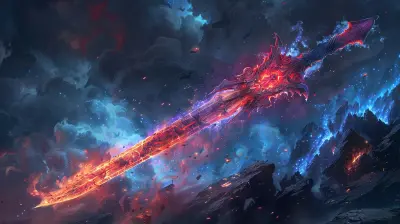
Legendary Items That Defined Boss Fights
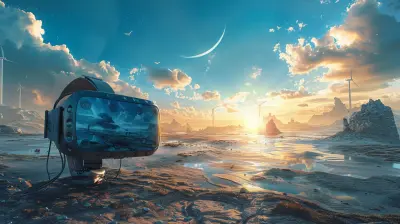
The Best Xbox Games for Virtual Reality Fans
The Story Behind Konami’s Iconic Games and Their Decline
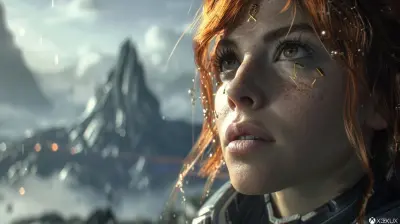
How Xbox is Changing the Landscape of Console Gaming
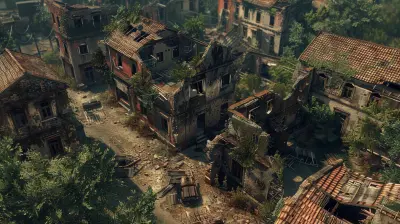
Exploring Psychological Warfare in Tactical Games